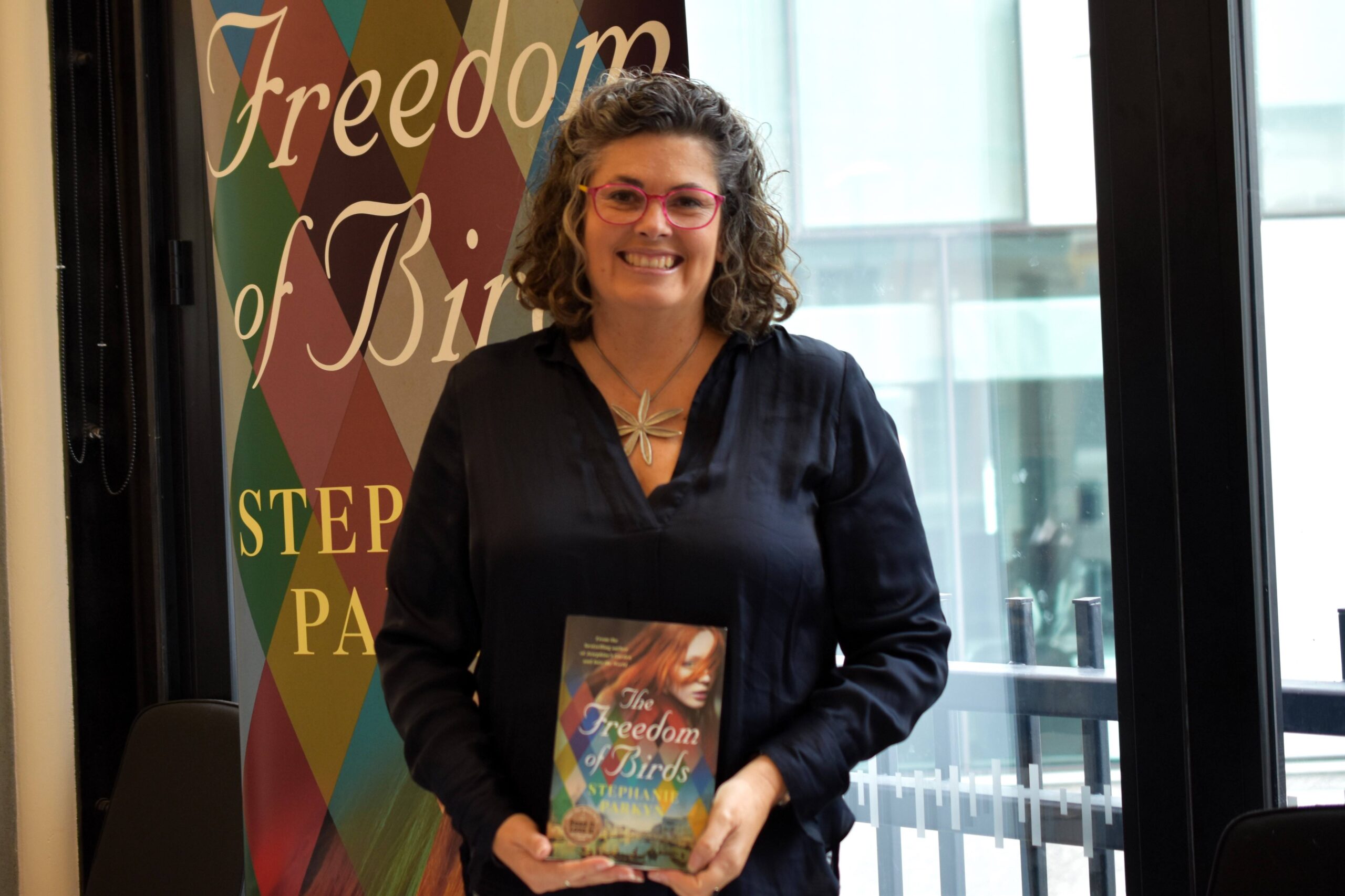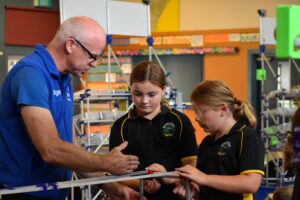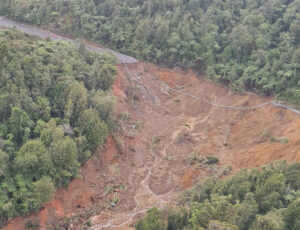Inspiration can come from many places for Coromandel author Stephanie Parkyn, from the gannets swirling lazily in the air above Little Bay, to a travel journal from a Victorian-era lady traveller.
Formerly an ecologist, Stephanie now lives with her husband in an off-grid home tucked away in the bush. She spends her days “falling down rabbit-holes” of research on whatever topic has taken her fancy as she works.
“I’ve started by looking at historical women and their stories, and how they haven’t been able to speak for themselves,” she said.
“Something in it will grab me as a possible story idea I guess, or some injustice that I will have read about.
“I just like learning stuff and being able to share what I’ve learnt, really, in an entertaining way, [and] it’s giving a voice to their stories and opening our eyes a bit.”

Stephanie currently has three published novels: Into the World, about a woman who disguises herself as a man to escape a bad situation; Josephine’s Garden, exploring the life of the woman who married Napoleon Bonaparte; and her latest offering, The Freedom of Birds, which follows a performing troupe searching for a place in the world.
The trio of novels are all set against the backdrop of the French Revolution.
“I was living in Tasmania at the time and encountered this true story of a woman who had been on one of those early expeditions [to Australia] disguised as a man,” Stephanie said.
“I just sort of fell into that French history era, and each book led into the other.”
Stephanie’s interest in the stories was with the little people who were affected by the revolution: “not the big famous people but what it would be like to live in countries that have been colonised by a big empire, being used in the wars”.
She’s keen to move on from that era though, and her move to New Zealand six years ago has sparked a ton of new ideas.
“I feel like I’ve got these bubbling ideas for contemporary novels, and they all are coming out of this sort of bush environment,” she said.
“The spookiness of it, being lost in the bush – our human impact on it, the ecology and the future.”





